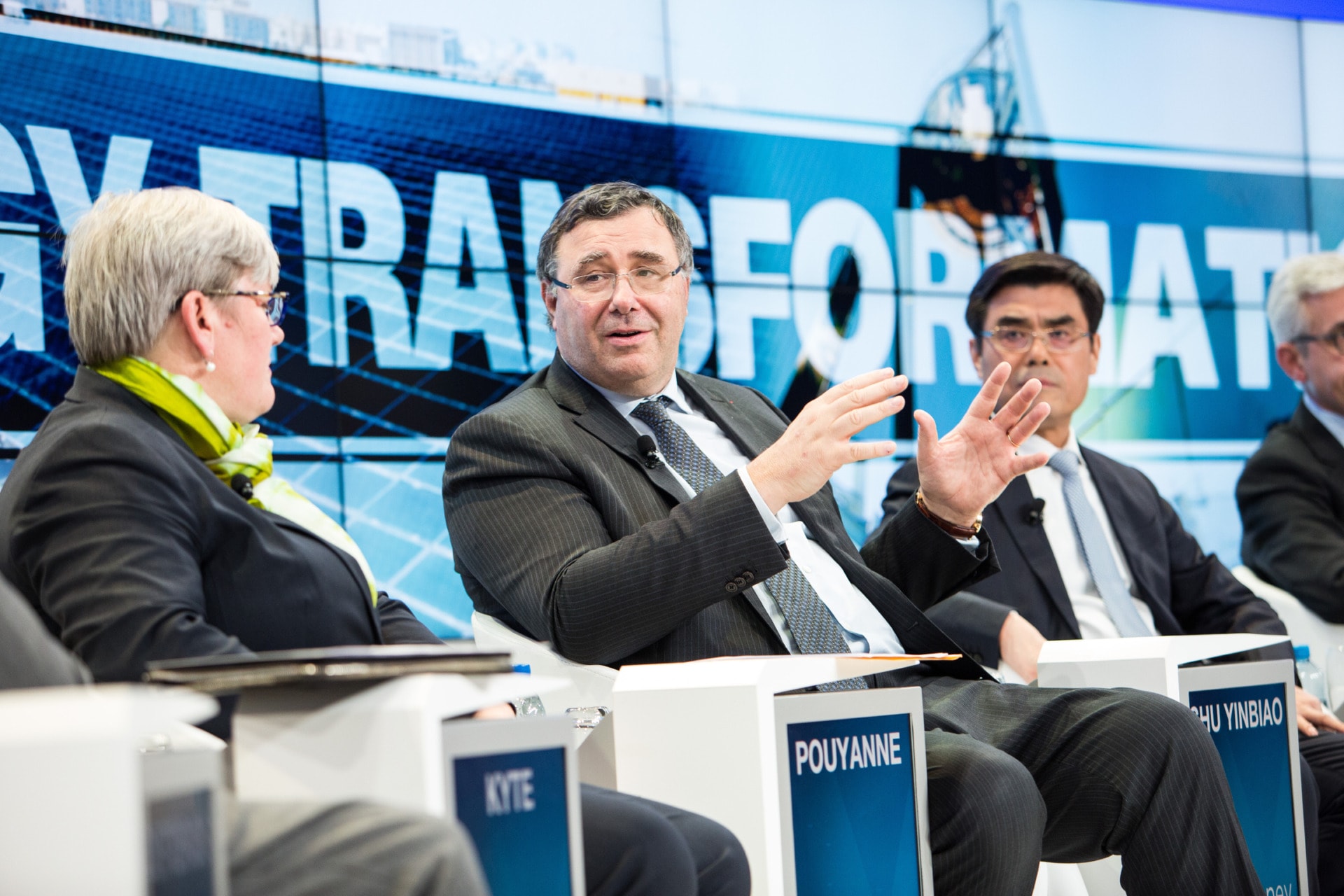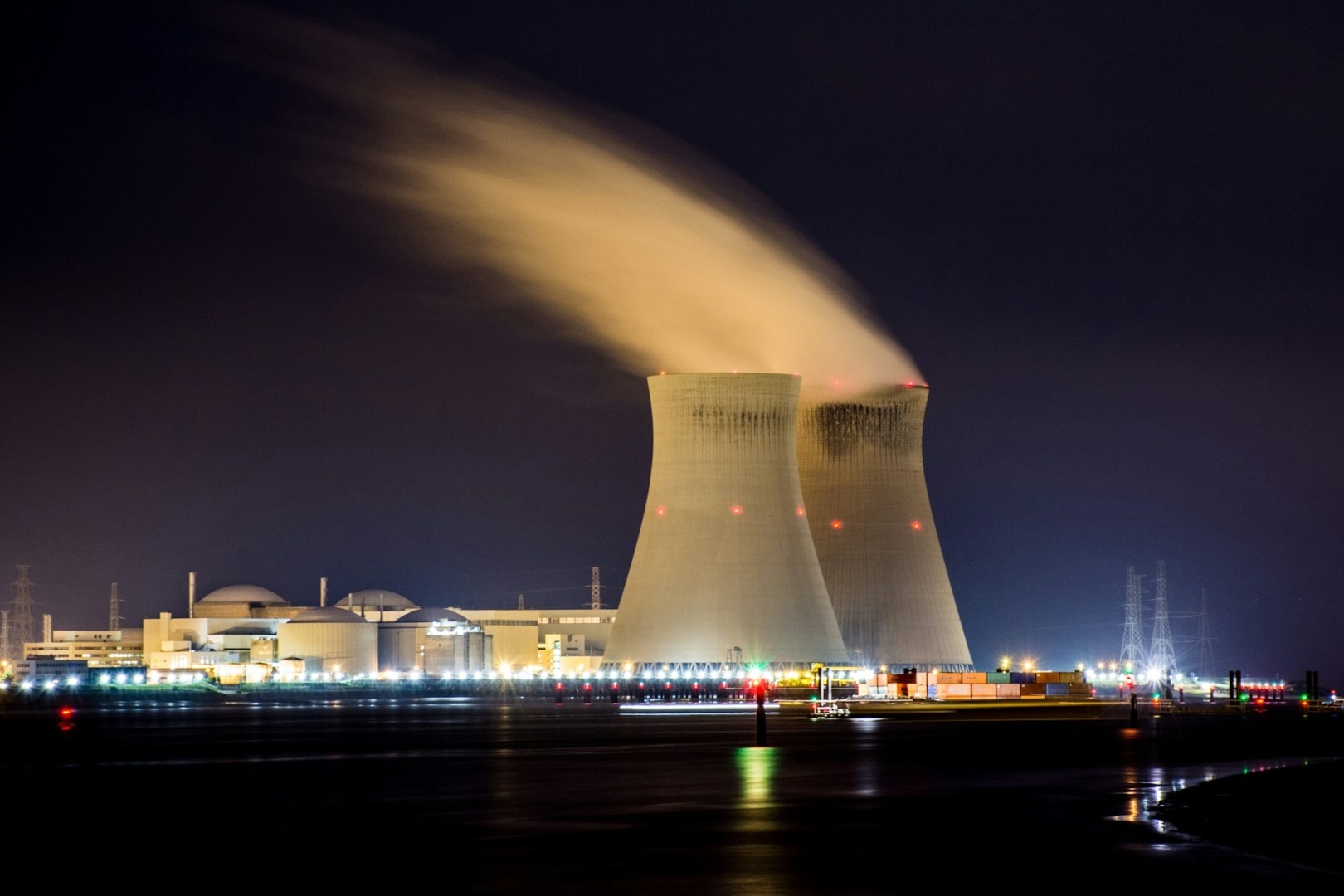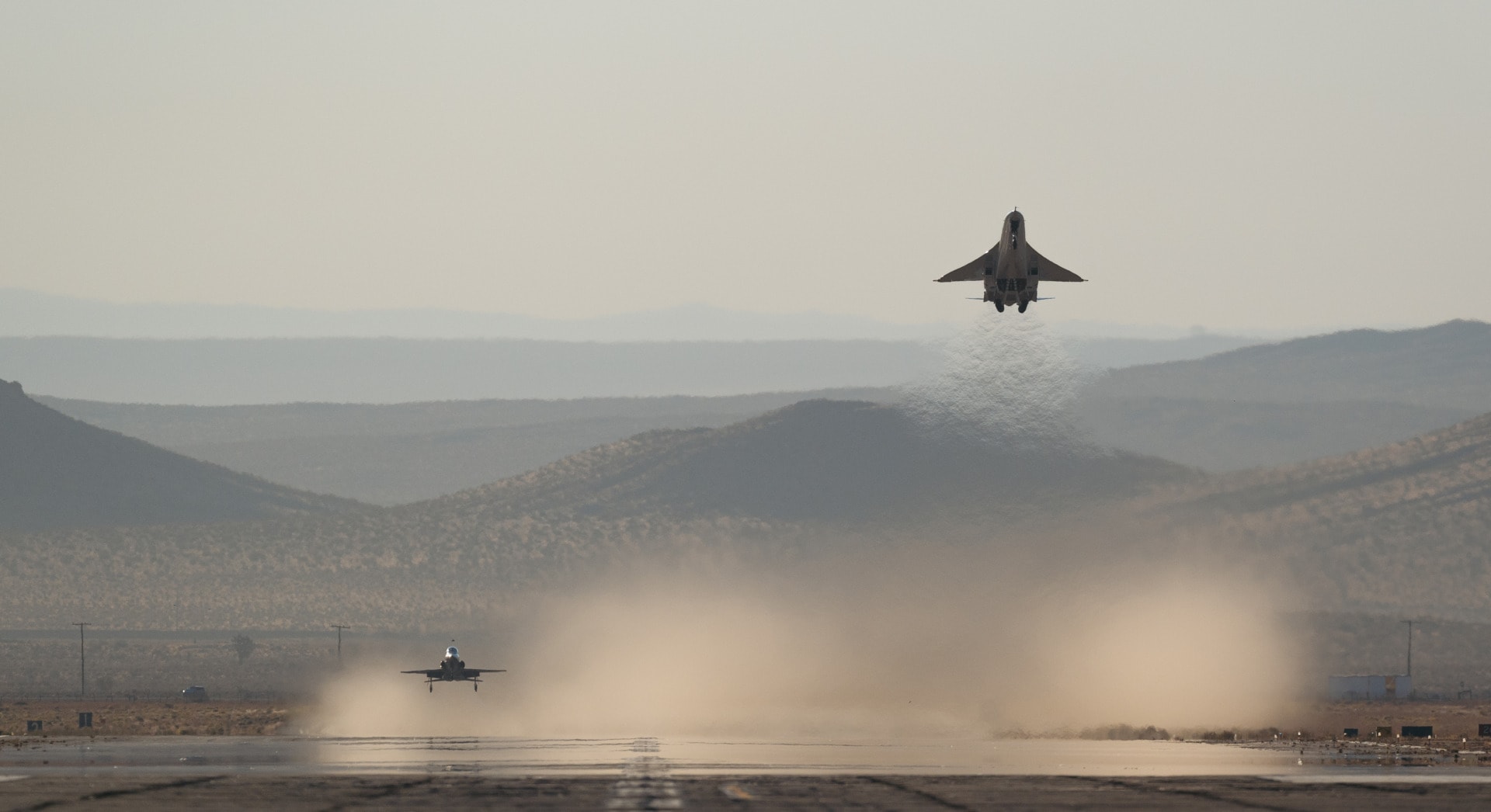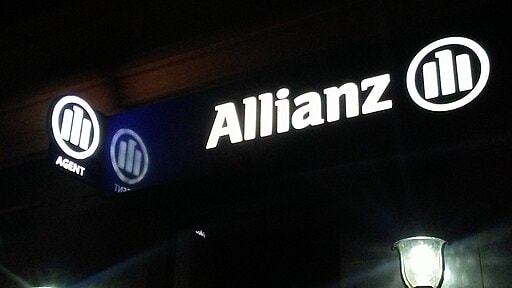More than 100 climate activists blocked private jets from leaving Amsterdam’s Schiphol Airport on Saturday, in a protest coordinated with the opening of COP27 in Egypt.
Protestors wearing white suits entered an area of the airport where private jets are kept and sat in front of the wheels of multiple aircrafts to prevent them from leaving.
The activists included members from different climate advocacy groups, but their joint demonstration saw an impressive turnout. In addition to the demonstrators on the tarmac, hundreds of other demonstrators marched through the airport’s main hall carrying signs that said “Restrict aviation” and “More trains”.
And that's just the XR/Greenpeace protests 😍, at the exact same time, we also organised an easy accessible protest together with @Milieudefensie. A big success and HUGE attendance! Below some sneak previews from our own footage, the real deal will be shared soon so follow us! pic.twitter.com/1n3Q6dGOVB
— Krimp Luchtvaart (@krimpluchtvaart) November 6, 2022
About three hours after the demonstration began, border police began to arrest protestors, some of whom were dragged to buses after passively resisting arrest.
Greenpeace has since called the actions of the border police “far too heavy-handed.”
Other climate-related activism in the past few weeks – from throwing soup on beloved artwork to turning off the nighttime lighting used by shops – has evoked criticism from climate deniers and sympathisers alike due to their disruptive and antagonistic antics.
Will protests that affect only those who directly contribute to the climate crisis be more effective?
Climate activism during the lead-up to COP
The protest in the Netherlands comes on the heels of many other controversial protests conducted by Just Stop Oil that have gained notoriety in recent weeks.
Just Stop Oil is a coalition of groups working to ensure that the UK government commits to ending all new licences and consents for the exploration, development, and production of fossil fuels in the UK.
“Just Stop Oil” activists sparked heated discussion earlier this month for throwing tomato soup at Van Gogh’s “Sunflowers”, which was hanging at the National Gallery in London. After throwing the soup, the pair of activists were seen glueing themselves to the wall in a video recorded by the protestors.
This was just the beginning, as a wave of similar action followed in its wake.
In the past few weeks, Just Stop Oil and other groups including Extinction Rebellion, Germany’s Letzte Generation, and Italy’s Ultima Generazione have been responsible for spray painting the windows of Harrods in London, dumping milk out onto the floors of supermarkets, vandalising artwork across Europe, and blocking roadways.
⏸ BREAKING: Just Stop Oil pause disruption
From today, Just Stop Oil will pause its campaign of civil resistance. We are giving time to those in the Government who are in touch with reality to consider their responsibilities to this country at this time. pic.twitter.com/Wxs02CQ1j2
— Just Stop Oil (@JustStop_Oil) November 1, 2022
The climate activists who demonstrated at Schiphol Airport do not seem to be associated with Just Stop Oil, even if they were perhaps inspired by them.
Protests at airports: An annual COP tradition
The Dutch protests were not very original, since protesting private jet usage in the lead-up to COP happens nearly every year.
In the days before COP26, which was held in Scotland, Farnborough airport in Hampshire, England was barricaded by Extinction Rebellion activists who locked themselves to a stretch limousine, fuel barrels, and a giant steel tripod.
Farnborough Airport is Europe’s premier private jet facility and affords access to London for ultra-high net worth individuals, corporate executives, business owners and government representatives from across the world.

This was done in order to draw attention to the shockingly high levels of CO2 that private flights emit per passenger: Just one percent of air travellers cause 50% of global aviation emissions.
A similar protest occurred in Sweden, when sixteen environmental activists from Extinction Rebellion Sweden were arrested for protesting at Swedish airports. The purpose of the demonstration, which caused some flight delays, was to call on Swedish authorities to stop subsidising the aviation sector. These protests also took place to correspond with the opening of COP26.
The assembly of the world’s leaders and global elite at COP frequently generates discussion over the impacts of wasteful private jet usage, as many attendees attend the climate summit by means of private flight.
According to data compiled by WingX, an aviation consultancy, the start of COP26 saw a 525% increase in the number of inbound private jets at Glasgow and Edinburgh airports. In the run-up to the event, 50 private jets and 118 different business jets landed at the two biggest airports in Scotland, ironically carrying passengers to one of the most critical environmental summits in history.
Related Articles: Should Climate Protests Give Vandalism a Go? | Icelandair Announces Carbon-Free Flights by 2030 | Taxing the Rich: A Carbon Tax on the Top 1% Could Have Earned the UK £126 Billion Over 20 Years
Etihad, one of the flag airlines of the United Arab Emirates, addressed this concern this year, and ahead of COP27, unveiled a plan to allow delegates to take a flight that had net-zero emissions.
Etihad partnered with sustainable fuel company and net-zero solutions provider World Energy to leverage the amount of sustainable aviation fuel (SAF) equal to powering its Boeing 787 “Greenliner” flight from Washington Dulles (IAD) to Abu Dhabi (AUH), routed via Sharm El Sheikh (SSH).
The series of logistical adjustments necessary for a commercial airline’s flight to have net-zero emissions with modern technology is lengthy and relies heavily on the idea of SAF, a form of biofuel.
The use of SAF as a solution to the carbon-heavy emissions of traditional jet fuel has been criticised for its impact on biodiversity. Production of biofuel at a scale that would make a significant difference to the aviation industry’s emissions would require widespread deforestation and further loss of other natural resources.
SAF is backed and endorsed by players within the aviation industry, who are trying to make commercial flight seem more eco-friendly, lest eco-conscious consumers choose to simply fly less.
Etihad will buy (or book) SAF for the flight provided by fueling partner World Energy. However, the book-and-claim part of the equation means that the flight itself will operate on fossil-based jet fuel. Meanwhile, the equivalent of the SAF that would have powered the flight will be delivered into the Los Angeles International Airport (LAX) fuel system and used on flights by other airlines out of that airport.
Whether Etihad’s goals are admirable or a PR stunt, it is still not currently possible to power a flight using 100% biofuel, and even if it were, biofuel itself is likely not an answer to the aviation industry’s emissions.
What are the goals of these airport protests?
Dewi Zloch of Greenpeace Netherlands said the activists want “fewer flights, more trains and a ban on unnecessary short-haul flights and private jets.”
In this pursuit, there is perhaps a key difference between the style and effectiveness of Just Stop Oil’s controversial protests and those seen in the Netherlands on Saturday.
Many around the world who sympathise with the cause of climate activism were horrified by Just Stop Oil’s demonstrations. There is no easily fathomable direct relationship between treasured artwork hanging in London and the crisis of the world’s continued reliance on fossil fuels.
Protestors who demonstrated their cause by wasting milk in British grocery stores were seen as tone-deaf amidst rising food prices that are causing many to go hungry. Actions like these reflect poorly on the cause of environmentalism and likely do more to alienate possible sympathisers than anything else.
The common problem between these demonstrations is that there is little overlap between those who are targeted and inconvenienced by these protests and those who inflict the environmental damage that has inspired the action.
At the Schiphol Airport and other airport activism, protestors are calling out a very real hypocrisy that is directly contributing to the crisis at hand.
According to a report by OXFAM, the carbon footprints of the richest one percent of people on Earth are set to be 30 times greater than the level compatible with the 1.5°C goal of the Paris Agreement in 2030.
The data from the report also indicates that this wealthy one percent would need to cut their emissions by 97% so the world can stay on track to keep global warming below 1.5C, as pledged at the 2015 Paris Agreement.
By delaying private jet flights, protestors directly inconvenience the people who are about to unnecessarily and single-handedly emit hundreds of tons of carbon into our atmosphere.
Besides requiring the attention of policing forces, the protestors caused very little other inconvenience. Dutch border police spokesperson Major Robert van Kapel said no commercial flights were affected by the protest.
Amsterdam airport police running after hundreds of climate activists blocking private jets while on bicycles is objectively funny https://t.co/nhiVnblHGg pic.twitter.com/o4ULxKzmuH
— Thijs Niks (@thijsniks) November 5, 2022
If protestors can learn from past mistakes and act directly against those doing harm, rather than causing inconvenience and hassle to the average citizen, they might be able to garner more support and relay their message to people who are open to the cause.
Although many cannot support a cause that threatens the world’s artwork and wantonly wastes food, most people can rally behind a protest that discomforts none but the ultra rich.
Editor’s Note: The opinions expressed here by the authors are their own, not those of Impakter.com — In the Featured Photo: The contrail of a C-141 Starlifter. Featured Photo Credit: Wikimedia Commons.














